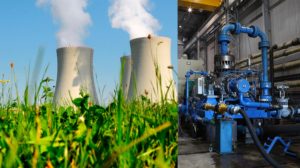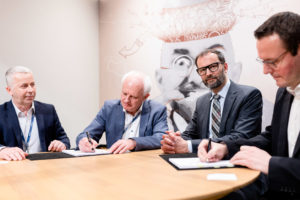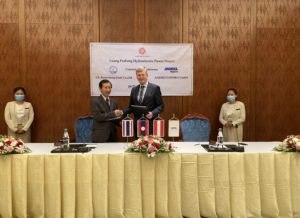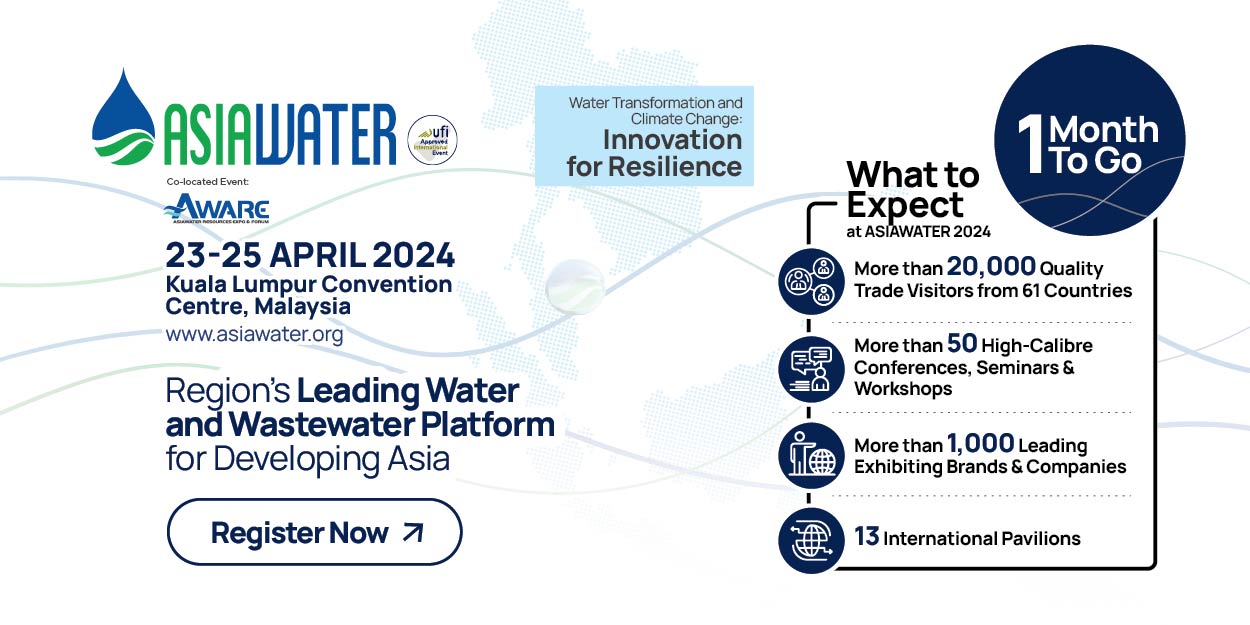Market for Monitoring Gases, Liquids and Solids Predicted to Grow Robustly
Machine-to-machine communication will be the catalyst to robust growth of sensors and related electronics to measure the status of air, water, combustion gases and other gases and liquids used in fossil, nuclear and renewable energy power generation.
Solids such as coal, lime and dry chemicals also must be monitored. The 2020 market is predicted to grow to $78 billion, according to the McIlvaine Company in its N031 Air and Water Monitoring: World Market report.
There are large numbers of new coal-fired power plants in planning in Asia, Africa and other areas. Plants in the United States are suddenly no longer faced with the necessity of closing due to the change in administration. They are now reviewing how to make these power plants more efficient for long-term operation. The quickest payback will be in better control of the solids, gases and liquids. To improve combustion, sophisticated devices such as tunable diode lasers allow monitoring of oxygen and CO2 at numerous points within the boiler. This information is then used to adjust burner dampers.
The software associated with the monitors can learn empirically and optimize operations. It can also provide information for remote control of a fleet of generators or for use by vendors to supply advice or actual operational control.
Ultrapure water is used in nuclear, gas turbine, coal, geothermal and biomass-fired power plants. A number of process steps can be optimized and the use of chemicals reduced with improved monitoring. The balance of the steam cycle involves high temperature liquids and vapors which must extract heat from high temperature corrosive combustion gases. Distribution of flow is critical and can be optimized with better monitoring.
Air pollution control and wastewater treatment costs are rising along with the stringency of regulations. One utility owner is planning on saving $200 million just by a combination of optimization steps to reduce NOx. Zero liquid discharge (ZLD) wastewater systems are now dictated in many areas. Sophisticated monitoring is required in the dewatering and evaporation steps.
Ambient air and water monitoring is increasingly needed as plants need to validate pollution sources. One utility was accused of being the cause of high selenium levels in the river and had to demonstrate that the selenium contamination was occurring upstream.
Smart valves, pumps and other components relay information which can be used to reduce maintenance and ensure reliable operation. Instead of periodic costly inspections, components are repaired when problems are discovered.
Lubrication systems are critical to reliable operation of wind, gas and steam turbines as well as fans, pulverizers, compressors and other rotating components in power plants. Monitoring pressure, flow and leakage are important.
Some of the biggest beneficiaries will be the automation system providers. GE, Emerson, Siemens, ABB, Yokogawa and others are offering extensive packages. Boiler system suppliers such as Doosan, BHEl, MHPS and B&W are incorporating automation systems into their packages.
System integrators are buying and incorporating sensors. Several years ago, GE sold its KVB Enertec group to B&W who now supplies complete continuous emissions monitoring packages and service. Some of the large consulting and EPC companies also have systems integration offerings. One reason is the continuous servicing requirements which result in long-term contracts.
There are many instrument suppliers. Thermo Fisher is the largest. GE is selling its water business which includes the former Sievers instrument group. Danaher is one of the rumored potential purchasers of GE Water. Its Hach division is very large in the water monitoring segment.
Source: The McIlvaine Company







